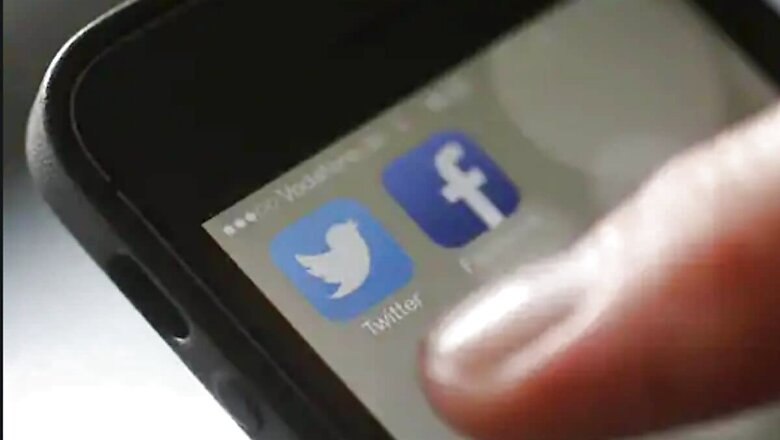
views
For nearly 2,600 years, democracy as an institution remained the best form of government, which meant that the elected ruled. It was a bottom-up-driven model, where the majority decided how and who should govern them. The word ‘democracy’ has its origins in the Greek language, and is a combination of two words: ‘demos’, meaning citizens living within a particular city-state, and ‘Kratos’, meaning power or rule.
In 1863, US President Lincoln, during his address at Gettysburg, Pennsylvania, said: democracy is “government of the people, by the people, for the people”. Since then, this has remained the de facto definition of democracy. However, all this was in an age and time when the world was connected only physically, and leaders emerged either through real work or word of mouth, for what they did and communicated one-on-one; these leaders were thinkers and doers. As the world gets taken over by the digital age and people spend hours browsing, the very fundamentals of democracy are undergoing a change. The internet follows people and bombards them not just with information that might be manipulated news and reports but, most importantly, also understands their likes and dislikes. Cookies on our browsers, the hidden programmes and the malware track us through our browsing habits and app usage. All of us have seen the Cambridge Analytica episode about elections. We have witnessed how social media has been used to influence voters and even orchestrate an attack on the Capitol Hill to scuttle democratic institutions and duly elected governments by forcing false narratives.
With deep fakes becoming a reality, it is easy to influence the voters and malign the opponents. Elections will not be about one’s hard work or image but about damaging the opponents’ and building narratives. It is no more just about the actual work on the ground. It is also about the work in the virtual world. It will be no more about bottom-up leadership. Elections and democracies are increasingly getting into the hands of power brokers and career politicians who have made democracy and elections a façade to fool the public and usurp institutions to remain in power using social media. The more social media gets closer to politics, politics gets disconnected from reality.
It is a fact that the theory and practice of democracy have undergone a massive change. It is not surprising to find the social media accounts of global leaders being suspended or removed, but that is not going to help; social media will be used to disrupt elections in favour of powerful manipulators. It is a call to action for a new way of looking at democracy and democratic institutions. It is right to conclude that social media is subverting the time-tested model of democracy from a citizens’ and governance standpoint. The French philosopher Montesquieu said in 17th century that “without strong public virtue, a democratic republic is likely to be destroyed by a conflict between various ‘factions’, each pursuing its narrow interests at the expense of the broader public good.” In today’s time, it would be ‘social media platforms’ in addition to the ‘factions’.
Genevan philosopher Rousseau believed that democracy is incompatible with representative institutions. When we look at the events in the virtual world, social media representation is incompatible with democracy, and threatens the legitimacy of the choices available. The proliferation and use of social media has subverted the very fundamentals of democracy. Social media is a potent tool for influencing perceptions and actions by convincing the electorate to vote in favour of a particular narrative or personality.
Earlier, people did work to get elected. They managed to spread the word to get elected, but now, it is manipulated by a virtual world which, at times, is all about perception, deceit, and manipulation. Elections have become a referendum on virtual perceptions and false narratives. Over time, the nexus between social media and democracy will get deeper and sinister in design. A few decades ago, social workers and ground-level political workers worked their way up and won elections; now, people who manage and muddle social media end up winning. These are middlemen and power brokers. This has led to the emergence of a new breed of career politicians, who use democracy as a façade to usurp power. Politics is no more about public service, it is about celebrities, thanks to social media.
Media was once known as the fourth estate, but now, it has been replaced by social media. Given its vast influence over people, I would call it the psychological media. A few years ago, at a literature festival, I had said the time is not far when social media giants will become news channels. Social media has the ability to cover and ‘create’ news, the latter is dangerous for a democracy. It is not just about amplification, it is about manipulation. Recently, a global tycoon lost $15 billion over a single tweet. If we understand the impact of such actions on nations, it could lead to wars or have a much more profound influence on the future of nations. It is time to rekindle the discourse on democracy in the age of social media. We need democracy 2.0 and the debate must start now.
Read all the Latest News, Breaking News and Coronavirus News here




















Comments
0 comment